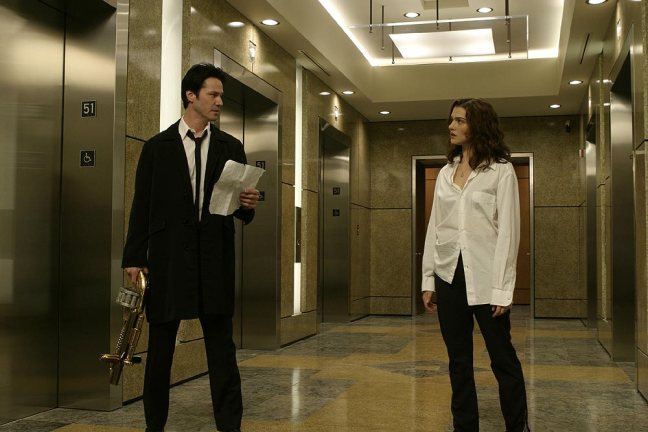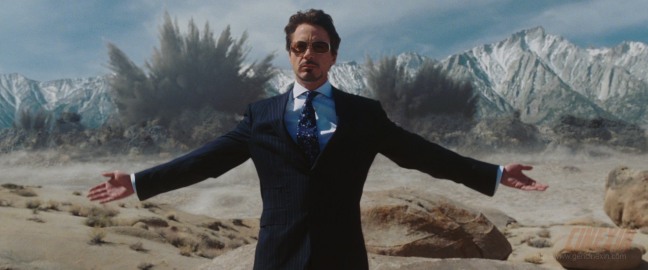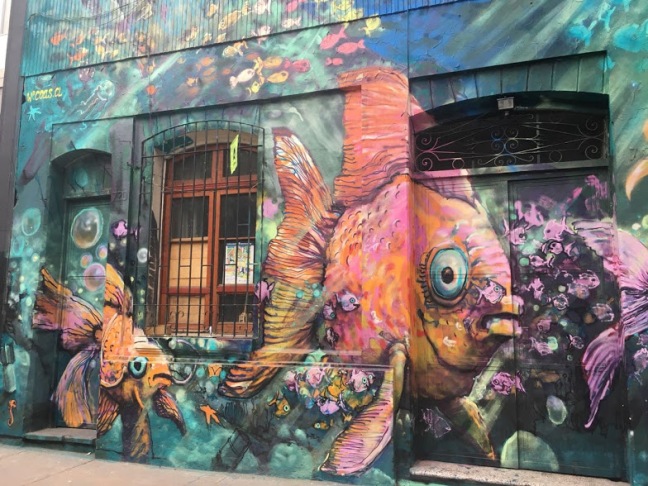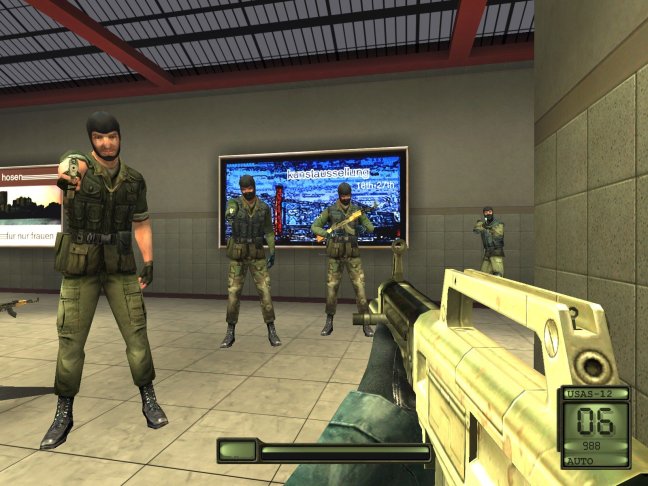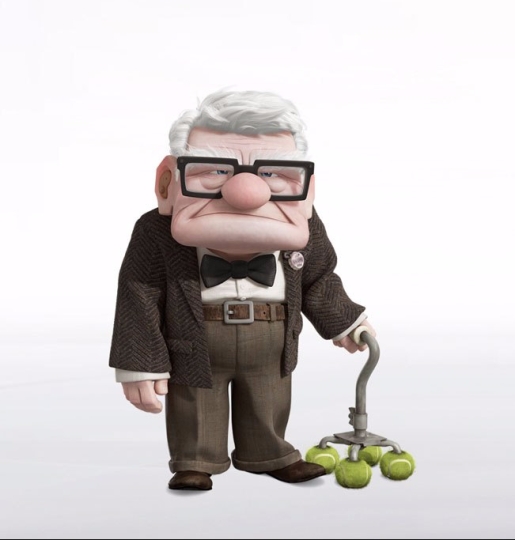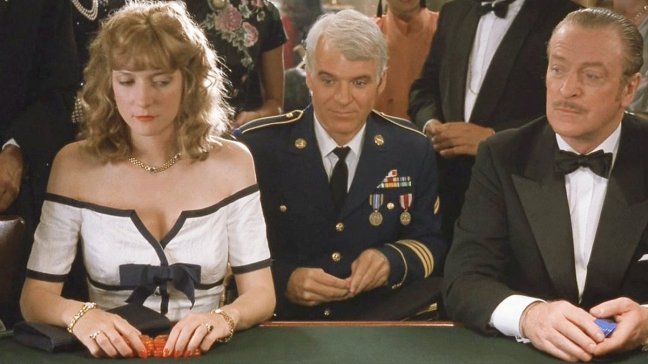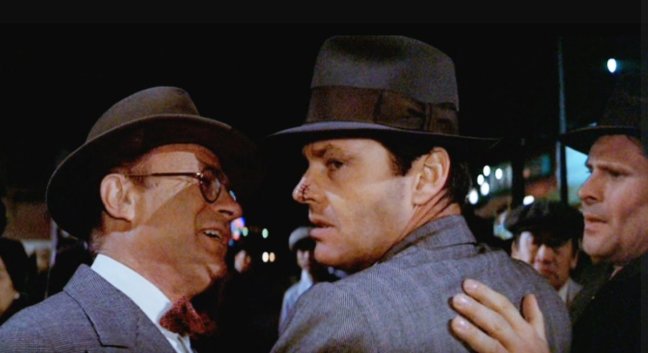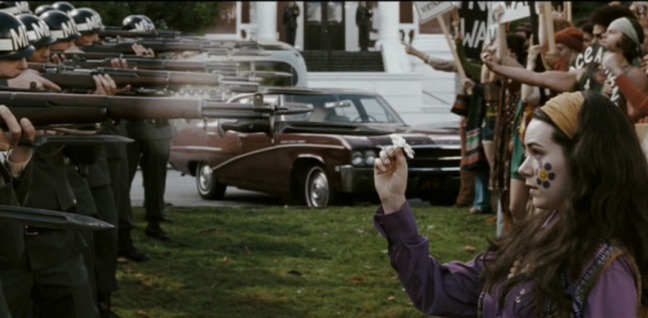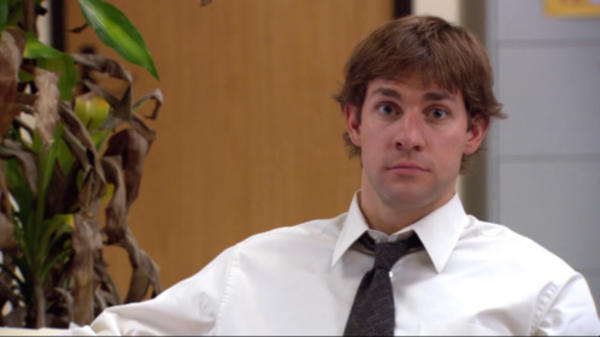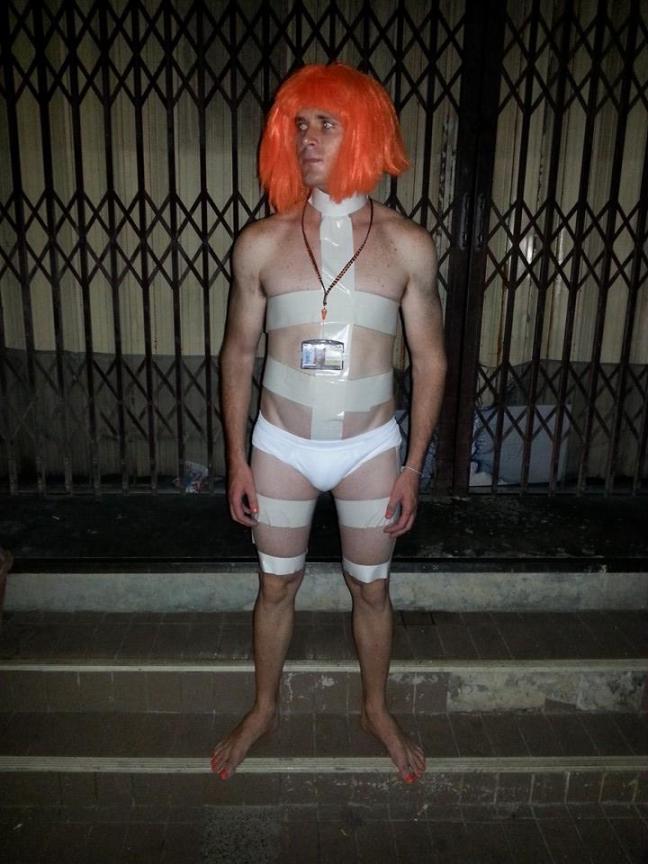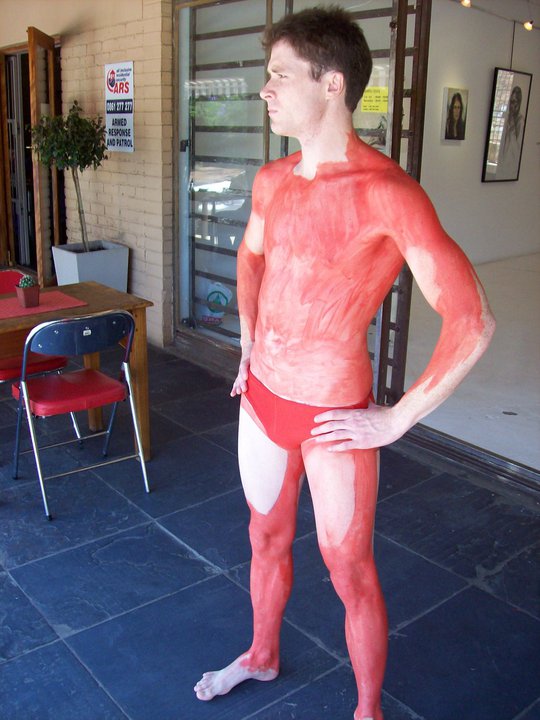Fifty-two weeks, fifty-two blog posts, and more than 52 000 words – enough to fill all the pages of a young adult novel. Not a particularly coherent young adult novel, to be sure, but a substantial body of work nonetheless.
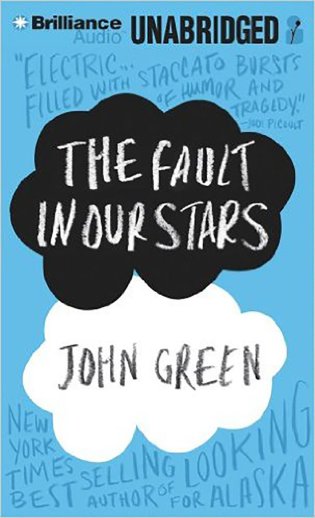
Now, as I see the year coming to an end, and with the shore of 2018 looming on the horizon, I don’t expect to give up writing blogs permanently, but I do want to at least take a brief respite from it. Be that as it may, I can’t properly put down my pen just yet. Mostly because I don’t use a pen to write. I write on my laptop. It’s all just ones and zeros, really. But before I stop typing, I first want to take a look back at the year that was, and also offer a brief glimpse of the future.
I began this year by setting out a list of resolutions, expectations, and predictions I had for 2017, and all in all I think the year turned out pretty well. I wasn’t as naked as much as I’d hoped to be, but I did continue with improv and I attained and surpassed my goal of running a marathon. I joined a book club, albeit briefly, and I wrote.
I wrote a blog a week, as intended. But I did not develop a fluency in writing as expected. Most weeks, I would find myself sitting in front of my computer screen for hours on end with nothing to show for it. There were times of frustration, and on multiple occasions I thought to myself, “This is it, isn’t it? This is the week when I fail to publish.”
What I did learn was the importance of having the space and time to write. I still have no desk in my apartment, and almost all of my blogs have been written with my laptop perched on my lap or in noisy coffee shops. At times, I’ve even had to write using only my phone. In those situations, inspiration does not come easily or quickly. Writing fiction this year has been all but out of the question. So I didn’t learn much in the way of how to write, but I did learn how not to write, and my life is one that is not conducive to writing.
With that in mind, and now that the obligation of writing a weekly blog post has passed, it is time to look towards the future. Three years in Chile has, I believe, been quite sufficient, and now it’s time for me to move on and to expand my horizons. So in February I will be leaving Chile for good and moving to South Korea, where I will continue working as an English teacher.


It was a decision which took the greater part of the year to come to, and I am certain that it is the right one. I won’t go into the terribly involved and convoluted thought process which brought me to this conclusion, but in short, Korea will provide me with a decent salary, stable work hours, and enough free time to pursue my own passions. It is a step towards better things for me, but in order to get there I first need to pass through that agonizing ordeal of saying Goodbye to those I so love. I will miss Chile greatly, and the people I have met here will remain in my heart forever.
The goodbyes have already begun, and here I begin another: Goodbye, Dear Reader.
Thank you to those who have kept up with my writing throughout the year. Thank you to everyone who has ever spoken to me about the things that I’ve written. Thank you to everyone who has said to me, “I read your blog.” Time is precious, and I’m grateful to everyone who has expended some of their valuable time reading my work.
So many stories remain untold, and many exhilarating memories will fade into undocumented oblivion. But I won’t be gone forever. I’ll pick up the writing again soon enough. The next two months are certainly going to be eventful, and will warrant their own blog posts. I also intend to begin a new blog about my experiences in South Korea. I’d be a fool not to document those. And who knows? Maybe, if I’m lucky, when I get there I’ll have my very own writing desk.













